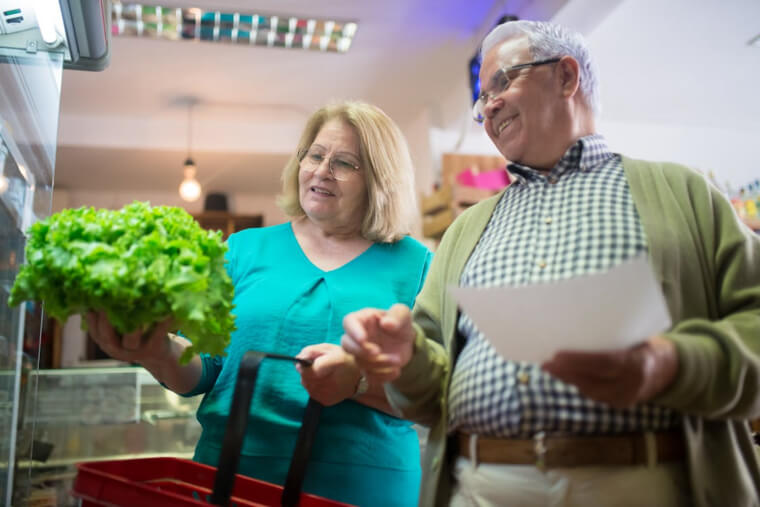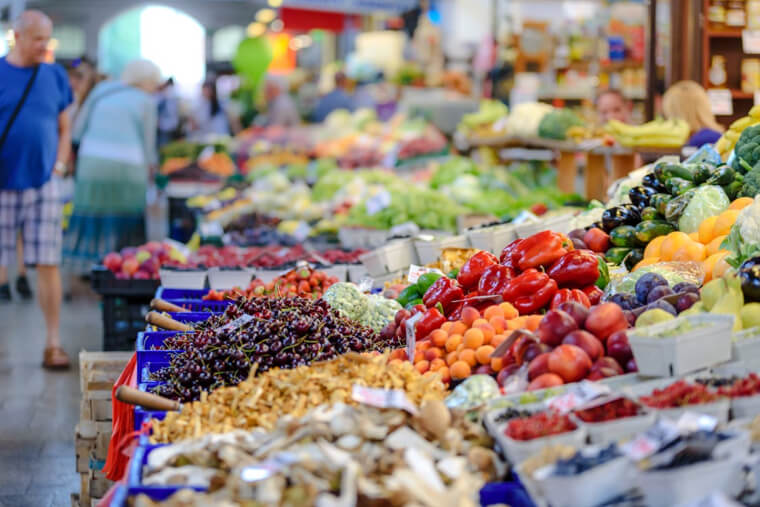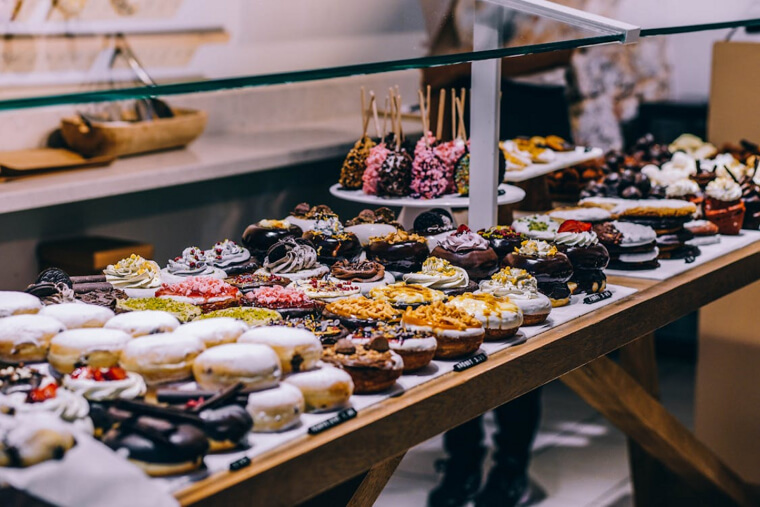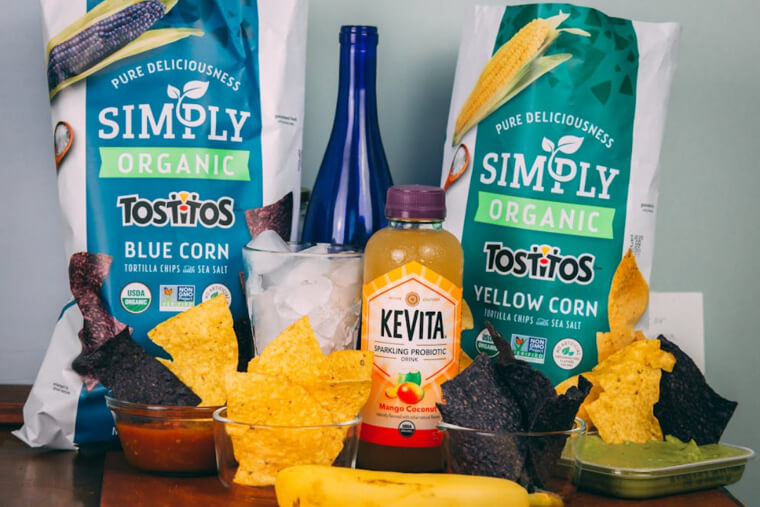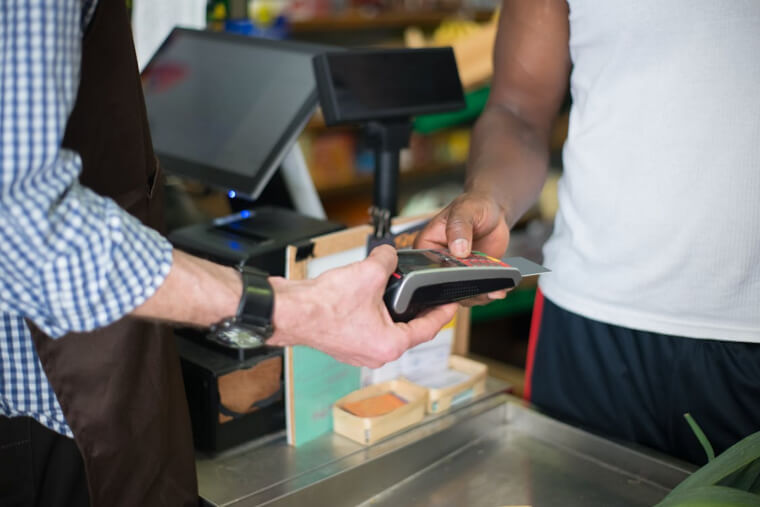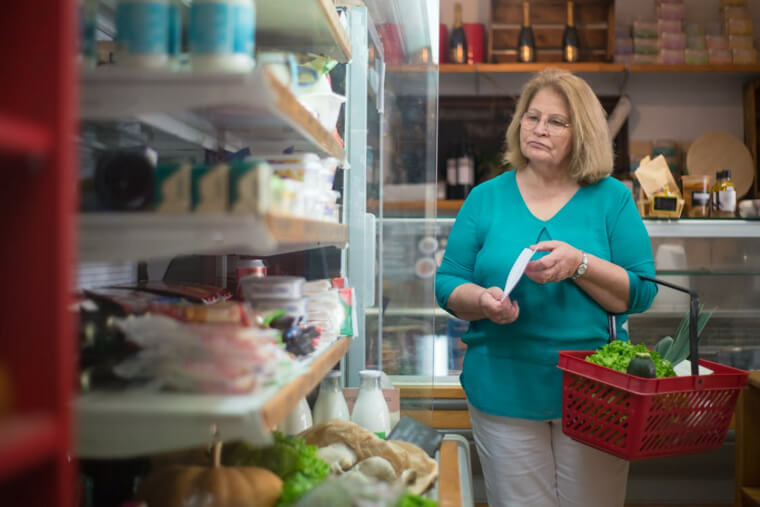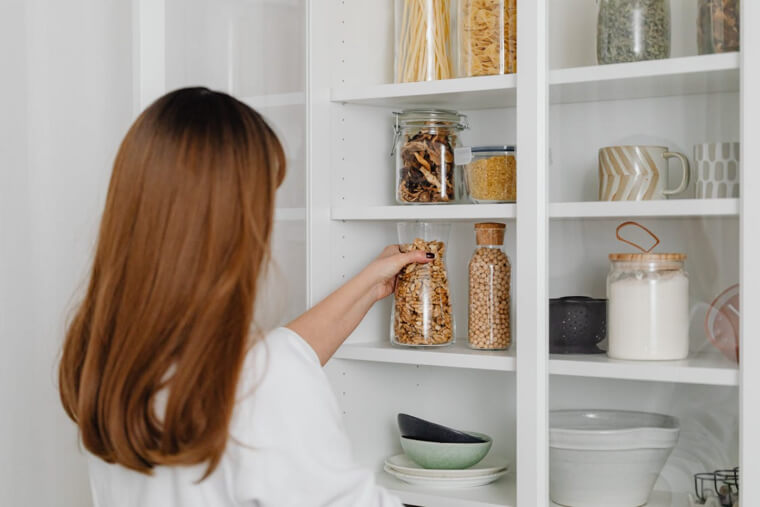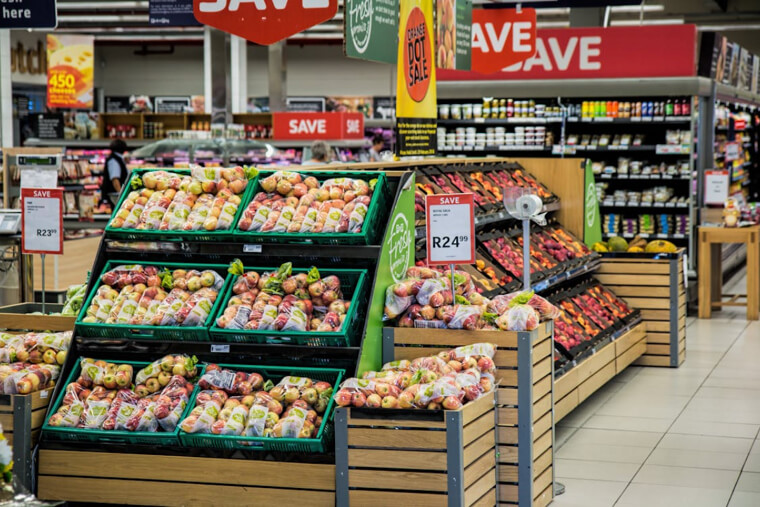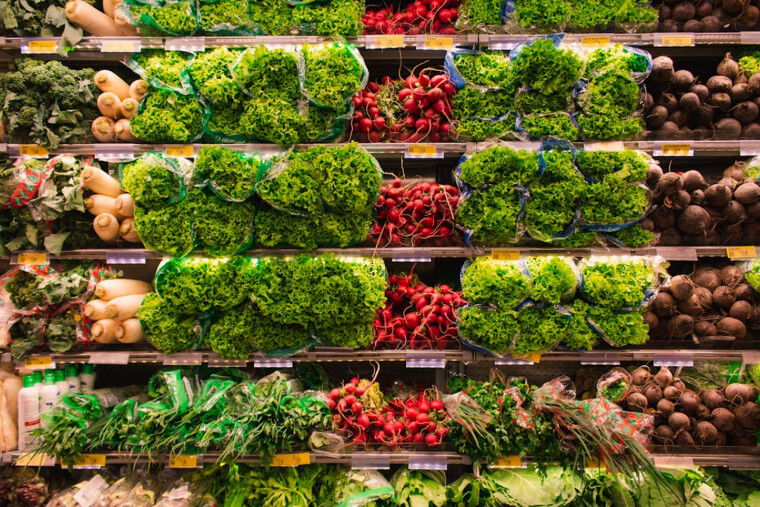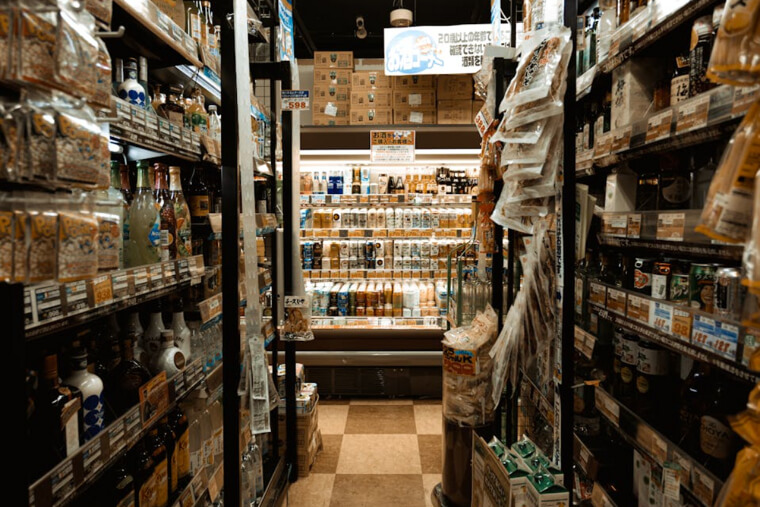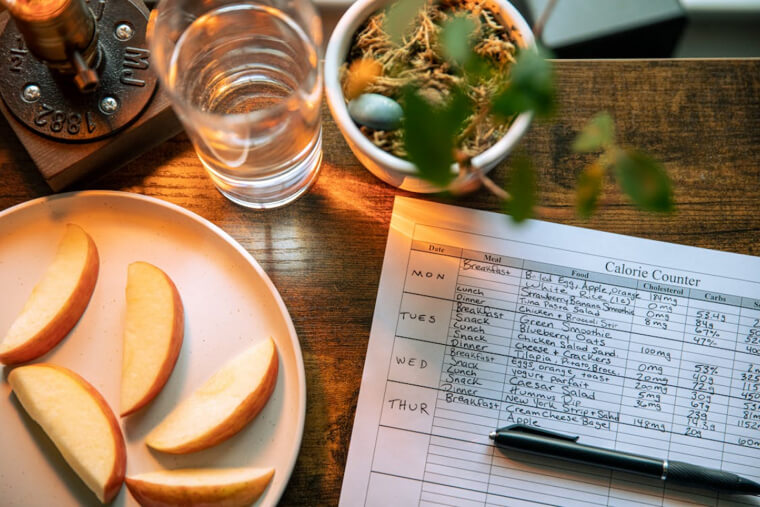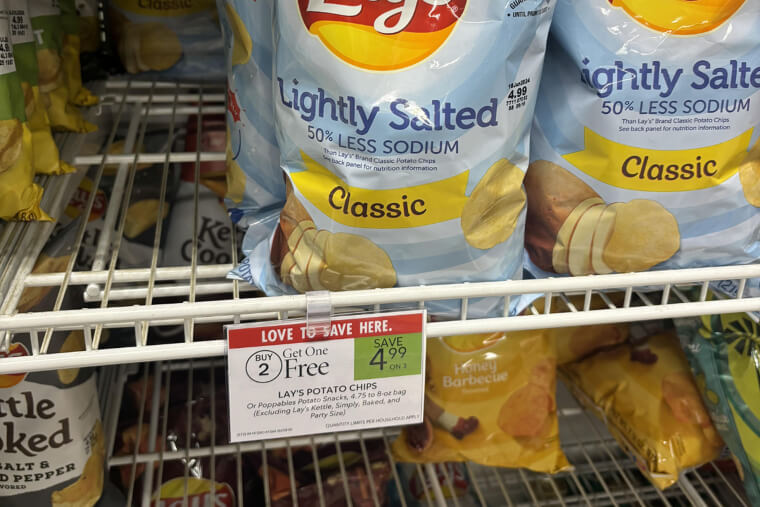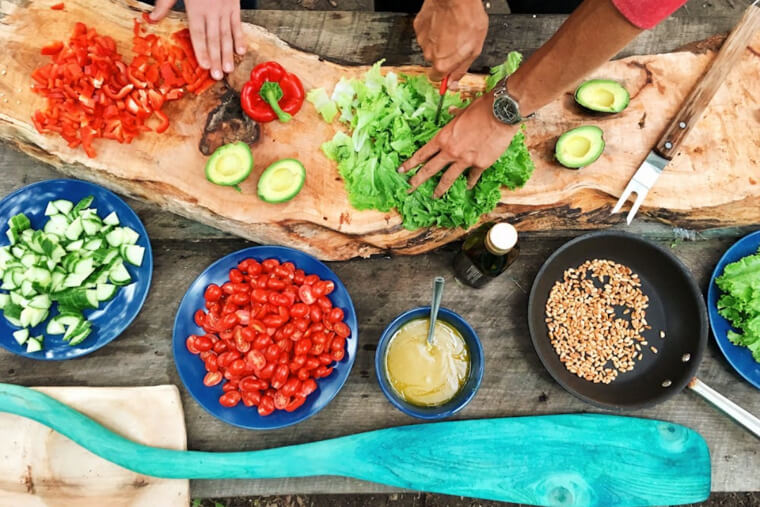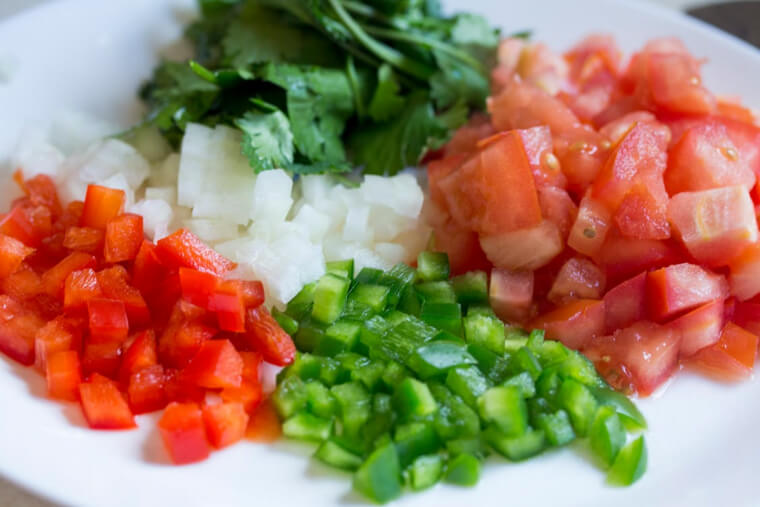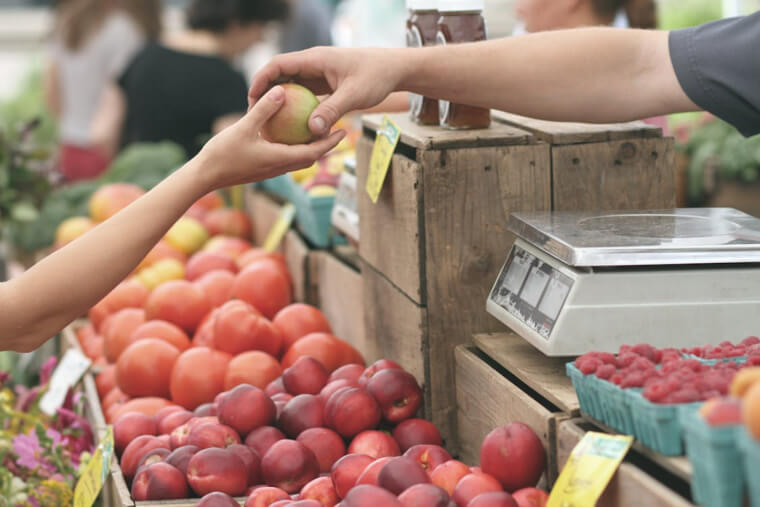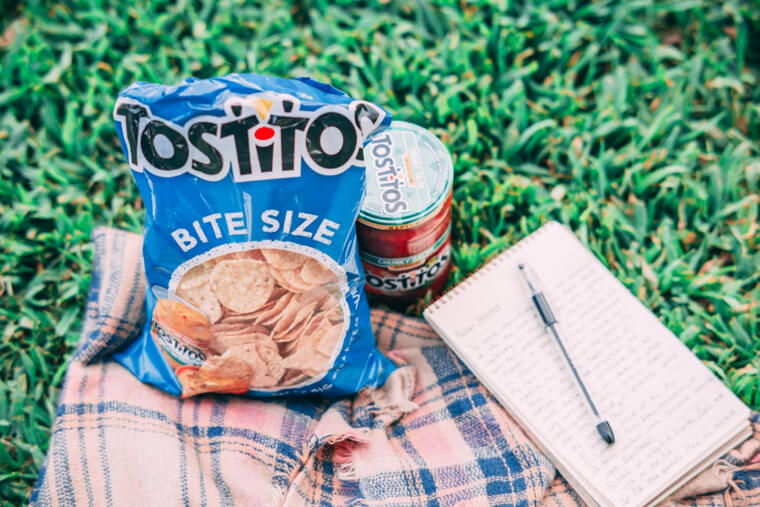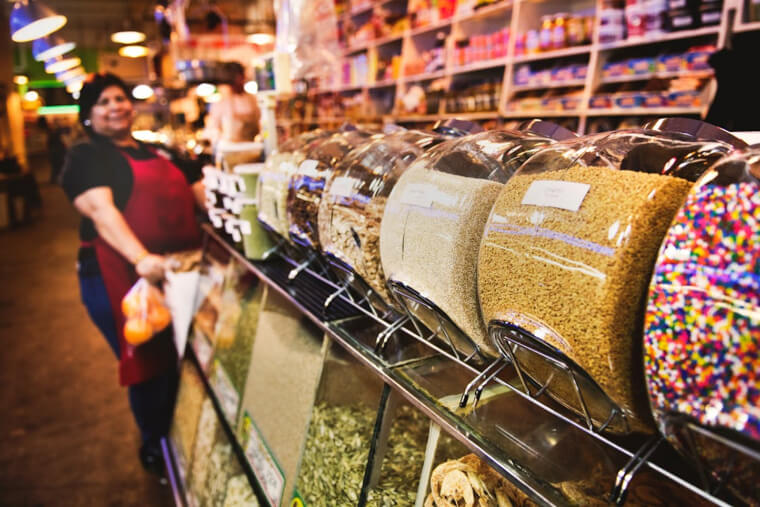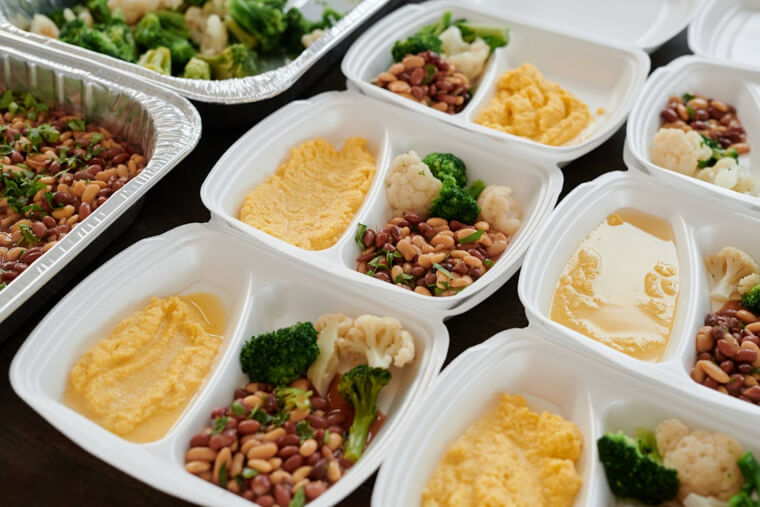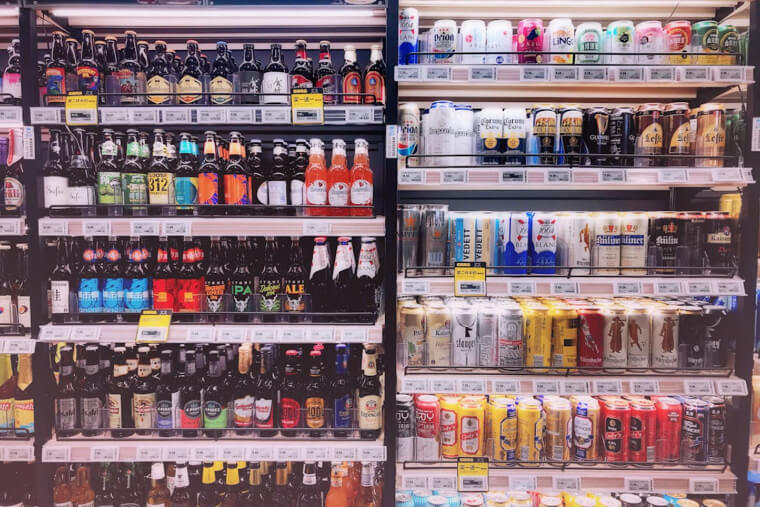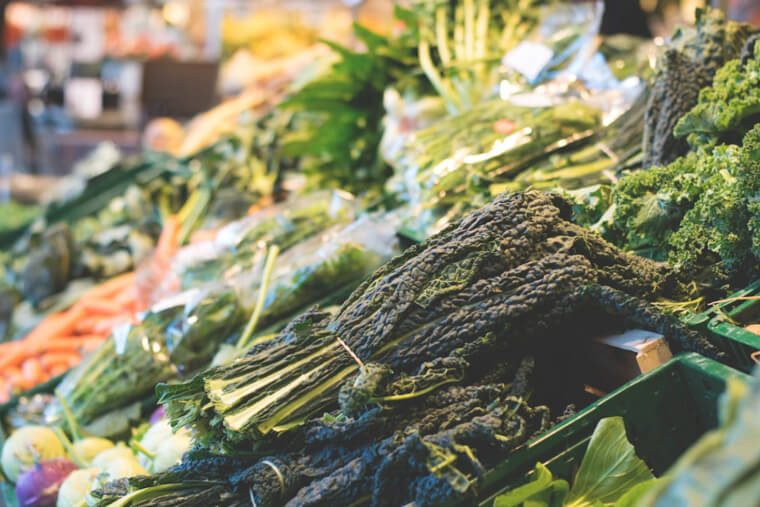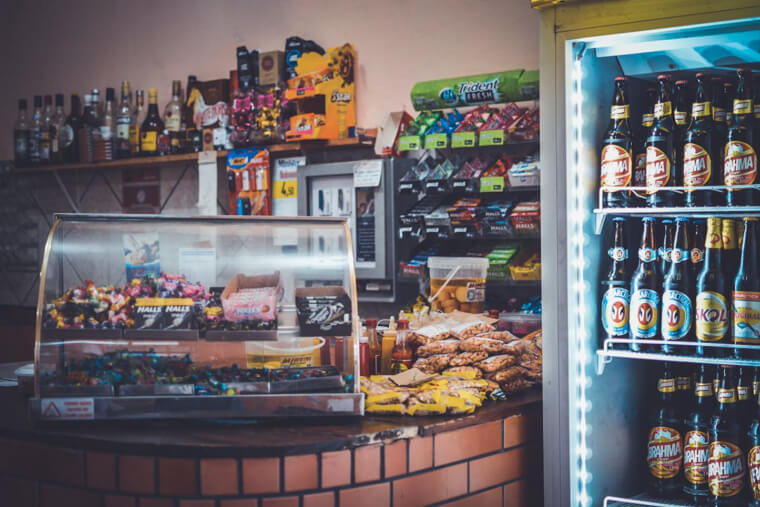Always Shop With a Grocery List
Walking into a store without a plan? That's basically handing your wallet over and saying, "Do whatever you want." A grocery list keeps you focused and stops those "ooh, that looks good" moments that wreck your budget. Jot down what you actually need before leaving the house, then stick to it.
Buy Fresh Produce When It Is in Season
Here's the thing about seasonal produce: it's not just fresher and better tasting, it's way cheaper too. Strawberries in June, pumpkins in October, oranges in winter. When something's naturally abundant, prices drop.
Buy Breads and Desserts That Can Be Frozen
Bread goes stale fast. But your freezer is like a time machine for baked goods. Stock up when there's a sale, freeze what you won't eat this week, and pull it out later. You'll always have fresh bread without paying full price every single time you need a loaf.
Buy Non-Perishables in Bulk
Rice, pasta, canned tomatoes, olive oil—these things last forever. Buying them in bigger quantities means paying less per unit and making fewer trips to the store. Just make sure you've got somewhere to actually put it all before you stock up.
Use Grocery Store Rewards or Loyalty Cards
Most stores give discounts or points to loyalty cardholders that non-members don't get. Sign up for the free programs at places you shop regularly. The savings stack up faster than you'd think.
Avoid Shopping When Hungry
Ever notice how everything looks amazing when you're starving? That's your stomach talking, not your brain. Shopping when you’re hungry is a fast track to buying a bunch of empty carbs you (and your wallet) don’t need.
Take Stock of What You Already Have in Your Pantry
Before making your list, open the pantry and actually look around. There's probably food hiding back there that you completely forgot about. Using what you've already got means not buying duplicates and clearing out space.
Choose Generic or Store Brands
Store brands usually come from the same factories as the fancy name brands, but just with a different label and a lower price. The quality's pretty much the same, especially for basics like flour, canned beans, or milk. Give them a shot. Your taste buds probably won't notice, but your wallet definitely will.
Avoid Pre-Cut or Pre-Prepped Produce
Yeah, pre-chopped veggies are convenient, but you're paying a premium for someone else to do five minutes of work. Buying whole produce and doing the chopping yourself saves a surprising amount.
Shop During Off-Peak Hours
Stores often markdown items close to their sell-by date, and you'll spot these deals way easier when the place isn't packed. Early mornings or late evenings are your best bet. Plus, you can actually think and compare prices without people crowding you or rushing past your cart.
Start Shopping in the Discount or Clearance Sections First
Most stores have a clearance rack or section for stuff that's near expiration or has dinged-up packaging. The food's totally fine, just discounted like crazy, sometimes 50% off or more. Hit this section first and see what you can build meals around.
Plan Meals Ahead of Time
Meal planning sounds boring, but it's a game-changer. When you know what you're cooking all week, you only buy what you need. No waste, no "what's for dinner?" panic, no random expensive items. Plus, weeknights get so much easier when you're not staring into the fridge wondering what to make.
Use Coupons and Digital Deals
Coupons aren't just for extreme couponers with binders full of inserts anymore; they're all digital now. Most stores have apps where you can load deals right onto your loyalty card. Spend a few minutes scrolling through before you shop and grab whatever applies. Those little savings really do add up at checkout.
Take Advantage of Two-For-One Deals or Sales
Buy-one-get-one deals are fantastic for things you can freeze or that don't go bad quickly. Load up on frozen chicken, pasta sauce, or frozen veggies when they're on sale. Just don't fall into the trap of buying something only because it's on sale. It's not actually saving money if you’re buying something you don’t need.
Compare Unit Prices to Find the Best Deal
The biggest package is not always the cheapest. Check the unit price on the shelf tag (the price per ounce or pound) to see what's really the better deal. It takes two seconds and can save you real money.
Divide Bulk Purchases Into Portions at Home
Buying a huge pack of chicken or ground beef is cheaper, but only if it doesn't all go bad before you use it. When you get home, split it into meal-sized portions and freeze what you're not using right away. You get the bulk discount without the waste.
Use Grocery-Saving Apps and Cashback Programs
Some apps literally give you money back for buying stuff you were going to buy anyway. Using apps like Ibotta, Fetch Rewards, and Rakuten, you can scan your receipt to earn points or cash. It's minimal effort for what basically amounts to free money, so why not?
Meal Prep for the Week
Cook a bunch of meals on Sunday, portion them out, and you're set for days. Buying ingredients for meal prep in larger amounts is way cheaper than buying individual portions throughout the week. Plus, when you've got food ready to go at home, you're way less tempted to order expensive takeout.
Stick to a Budget
Set yourself a grocery budget, weekly or monthly, whatever works for you, and actually stick to it. Knowing your limit before you walk in helps you prioritize what really matters and avoid overspending.
Shop Local Markets
Farmers' markets and roadside stands often beat supermarket prices, especially if you show up near closing time when vendors want to sell out. The produce is usually of better quality, too, and you're supporting your local growers. Sometimes you can even negotiate a bit.
Avoid Shopping With Kids
Kids turn grocery shopping into a battle of "can we get this?" every five seconds. Those colorful boxes and cartoon characters are designed to grab their attention, and suddenly, your cart's full of stuff that wasn't on the list. Shop solo when you can. If you have to bring them, set clear rules before you even leave the parking lot.
Skip Buying Individual or Pre-Packaged Snacks
Those individual snack packs are ridiculously overpriced. Buy the big box and portion it out yourself. This works for things like crackers, nuts, cookies… non-perishables. Your wallet and the planet will both be happier.
Buy Whole Grains, Pulses, and Millets as Affordable Staples
Brown rice, lentils, chickpeas, quinoa, millets, these are cheap, filling, nutritious, and super versatile. You can throw them in soups, salads, stir-fries, basically anything. Stock up on these basics, and you've got the foundation for tons of budget-friendly meals.
Use Leftovers Creatively to Make New Meals
Last night's roast chicken becomes today's chicken tacos or soup. Yesterday's rice turns into fried rice. Getting creative with leftovers means your groceries go further and less food hits the trash.
Reduce Sweet and Junk Food Purchases
Chips, cookies, candy, soda, all of these are expensive, not particularly good for you, and they disappear way faster than you'd like. Cutting back even a little frees up money for better food. And if you really want treats, make them at home.
Opt for Smaller Shopping Carts or Baskets
There's something psychologically satisfying about filling up whatever you're pushing around. A big cart feels like it should be full. Grab a basket instead and you'll naturally buy less, sticking closer to what you actually need.
Check Prices Across Stores or Online
Not every store prices things the same way. One place might have cheap produce but expensive meat. Another's the opposite. Figure out which stores are best for what, then shop accordingly.
Use a Calculator While Shopping
Trying to add everything up in your head while shopping? Good luck with that. Just pull out your phone calculator and add items as they go into the cart. It’s an easy way to know exactly where you stand budget-wise.
Try New Foods for Variety and Savings
Always buying the same pricey ingredients? Branch out a little. Eggs instead of steak, beans instead of chicken breast, seasonal veggies instead of imported stuff. You might discover new favorite meals that happen to be way easier on your budget.
Buy Beverages in Bulk
If you’re a regular soda or sparkling water drinker, buying whole cases on sale is way cheaper than buying individual bottles. The same goes for juice boxes, sports drinks, and other hydration drinks. Just make sure you've got room to store it all.
Shop Once Per Week
Every time you walk into a store, you're exposed to temptation. More trips mean more impulse buys. Consolidate everything into one weekly shop and you'll naturally spend less. Yeah, it requires better planning up front, but the time and money you save make it worth the effort.
Bring Your Own Reusable Bags
Some stores charge for bags now, and even if it's just ten cents, that adds up. Reusable bags are free after the initial purchase, they're sturdier, they hold more, and they're better for the environment. Toss a bunch in your car so you've always got them when you need them.
Buy Loose Fruits and Vegetables
Pre-bagged produce forces you to buy more than you might need and usually costs more per pound. Buying loose lets you grab exactly what you want. Plus, you can actually look at what you're getting and pick the good ones instead of getting stuck with whatever's in the bag.
Compare Prices Between Fresh and Frozen Options
Fresh isn't always the winner. Frozen veggies and fruit are often cheaper, last way longer, and they're just as nutritious, sometimes more, since they're frozen right after harvest. Check the prices and don't assume fresh is automatically a better value.
Avoid Shopping at Convenience Stores for Regular Groceries
Convenience stores mark everything up like crazy. That gallon of milk might cost double what it does at a regular grocery store. Save those stops for actual emergencies when you really need something right now. For regular shopping, go where the prices make sense.

